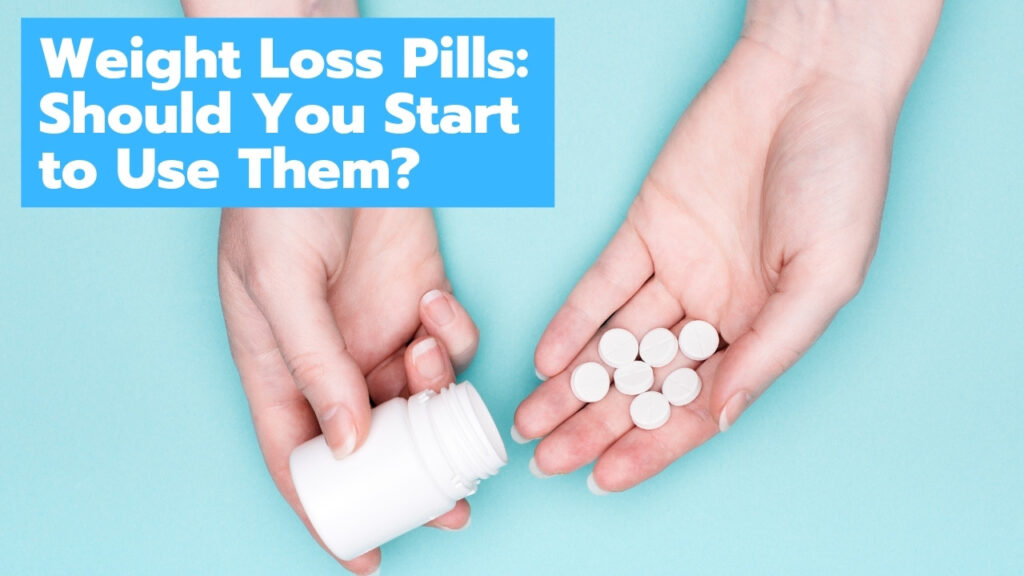1. Breakfast is Important, Do Not Skip It
In general, skipping breakfast doesn’t have any benefits. By contrast, eating a high-protein breakfast can help you to reduce hunger and calorie intake during the day.
2. Stay Away From Sugary Drinks and Processed Juices
Sugary beverage consumption is significantly linked to obesity, diabetes, and weight gain. Diabetes is almost twice as likely to develop in women who drink one or more sugary drinks daily than in those who drink less than one.
3. Make Sure You Get Good Sleep
Insufficient sleep may lead you to consume more high-calorie foods and make it harder for you to resist them.
4. Engage in More Physical Activity
You can burn lots of calories by lifting weights, running, walking, and adding daily physical activities to your routine so that your metabolism doesn’t slow down as a result of changing your diet.
5. Drinking Water is Your Best Ally
It is not uncommon for people to confuse hunger with thirst. You can end up consuming a lot more calories than you should when what you really need is only a glass of water.
6. Maintain a Regular Meal Schedule
Even if you consume fewer food portions, skipping meals can lead to the body burning less energy (fewer calories) and gaining weight.
7. Do Not Keep Junk Food in Your House to Avoid Temptation
Don’t keep junk food at home, such as chocolate, biscuits, crisps, and sweet fizzy drinks. Rather than unhealthy snacks, choose healthy options like fruit, rice cakes, oatcakes, and unsalted or unsweetened popcorn.
8. Make Sure You Eat a Lot of Fruit and Vegetables
It is good for you to eat fruit and vegetables because they have low calories and fat but are high on fiber. Controlling these three ingredients is key to losing weight. In addition, they are rich in vitamins and minerals.
8. Get Some Coffee or Tea
You can boost your metabolism by consuming caffeine.
10. Eat Whole Foods as a Basis for Your Diet
In addition to lowering heart disease, cancer, and type 2 diabetes risk, whole food or minimally processed diet also promotes weight loss. Eating whole foods will reduce your intake of unhealthy fats, such as trans fats and saturated fats.
11. Make Sure You Read Food Labels
When you know how to read food labels, you can choose healthier options. Find out how a particular food fits into your daily calorie allowance by using the calorie information. Additionally, make sure you buying food with low sugar or sodium content.
12. Reduce The Size of The Plate
If you use smaller plates, you can train your brain to accept smaller portions without seeing your plate half empty. People base their portion size on how it fits on their plates, bowls, cups, and utensils. The larger the dinnerware, the larger the portions. Moreover, most people like eating mindlessly until there’s no food left on their plate, instead of consuming it until they’re full physically.





